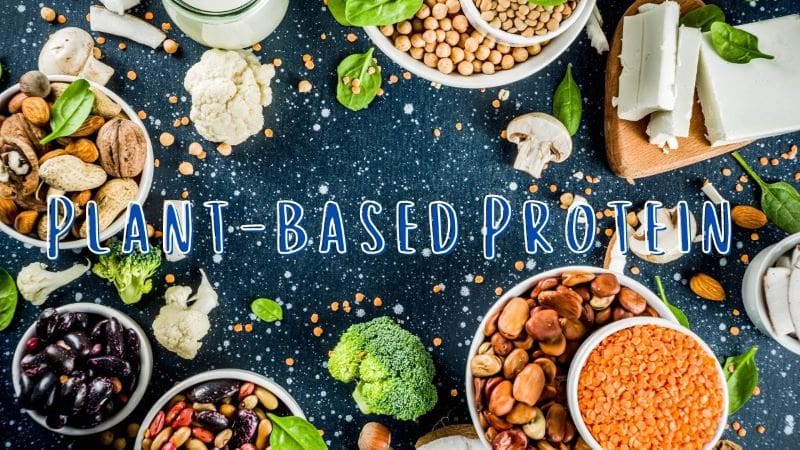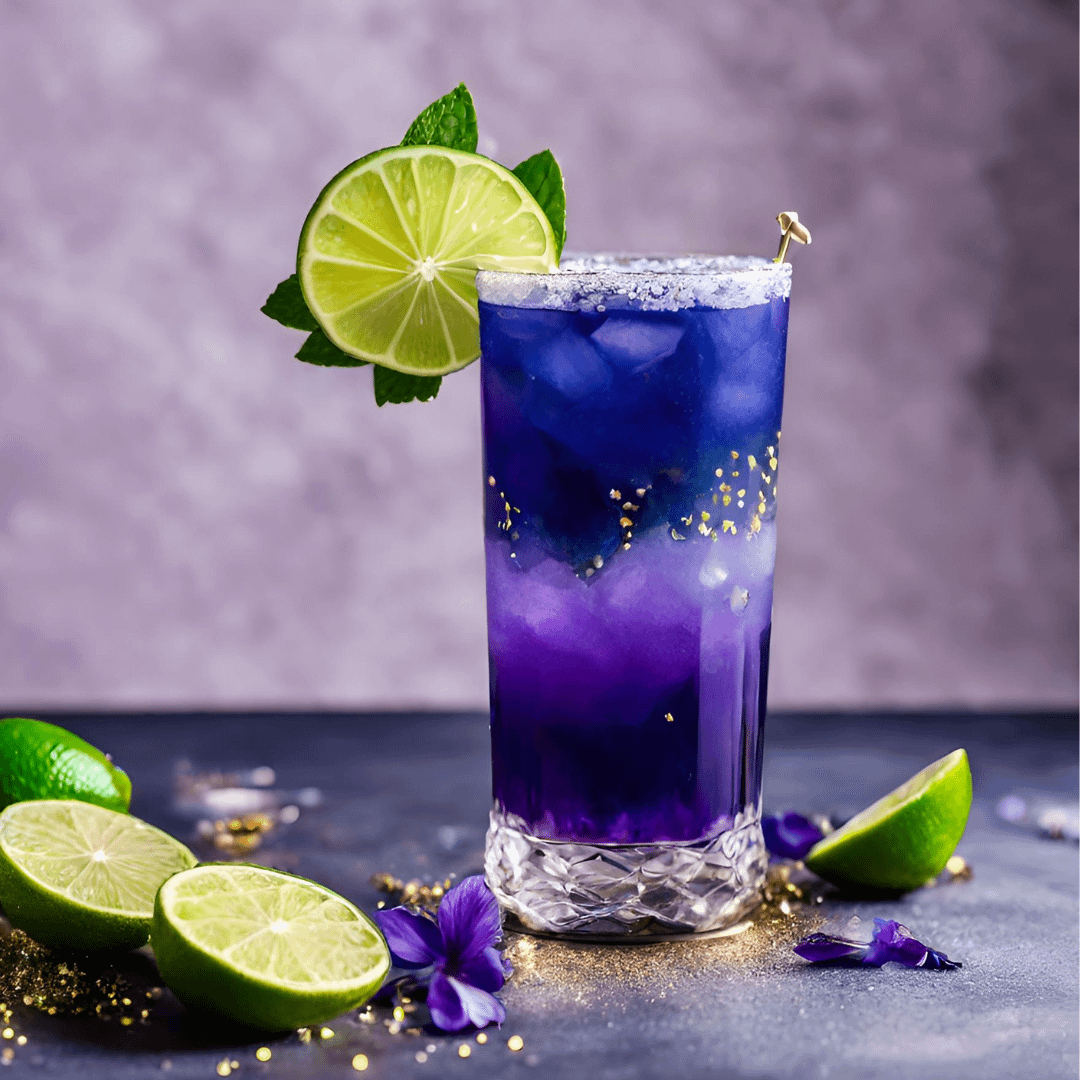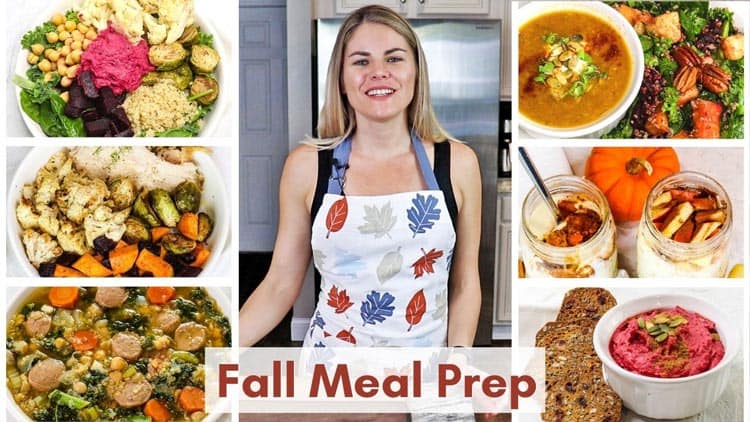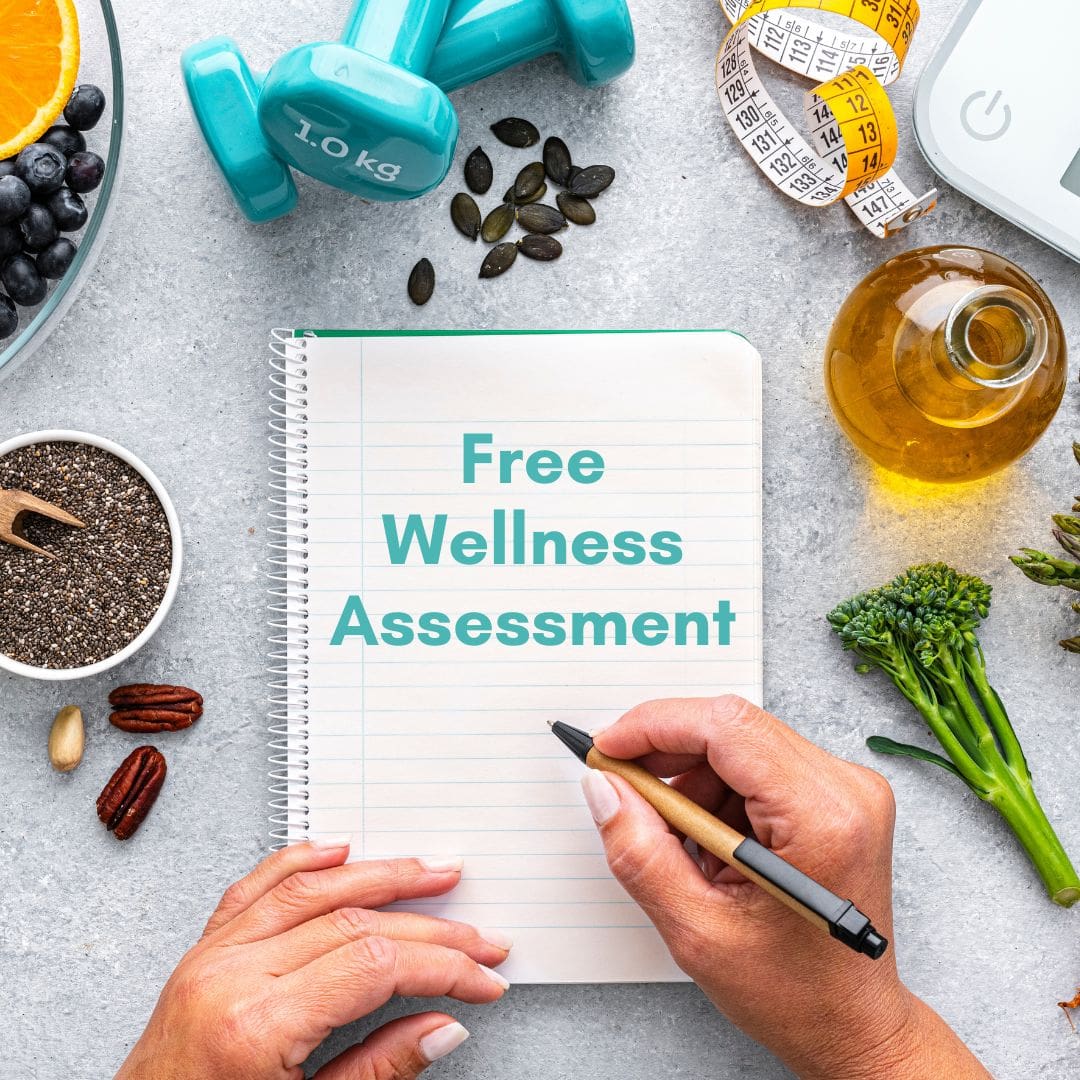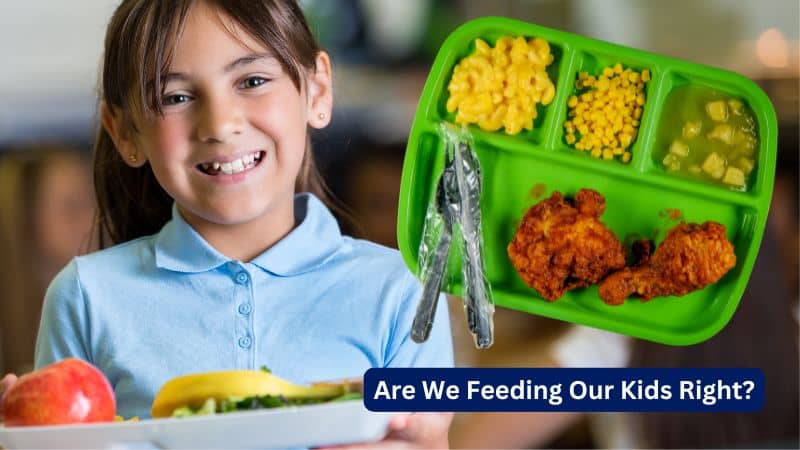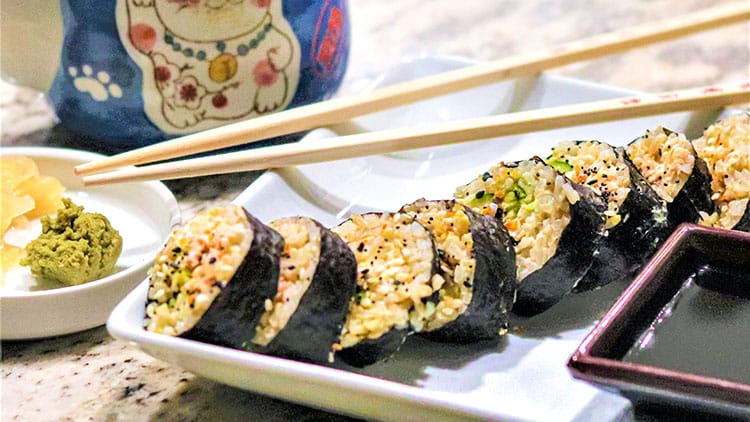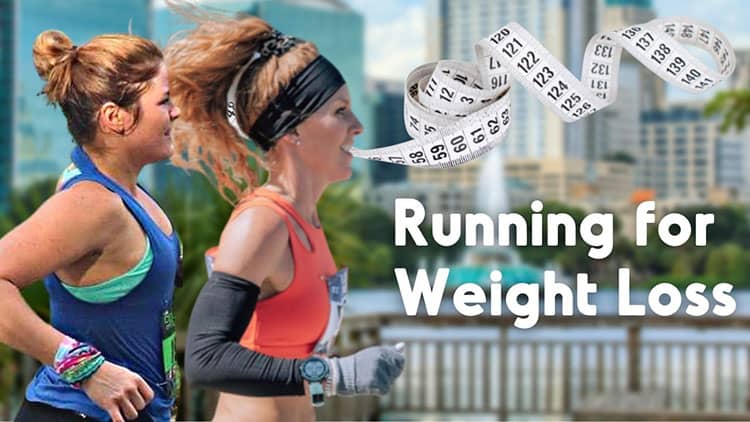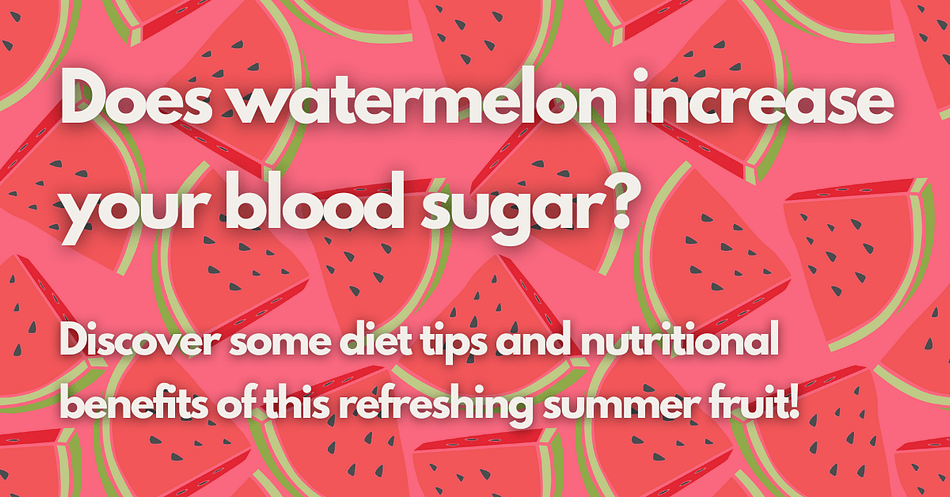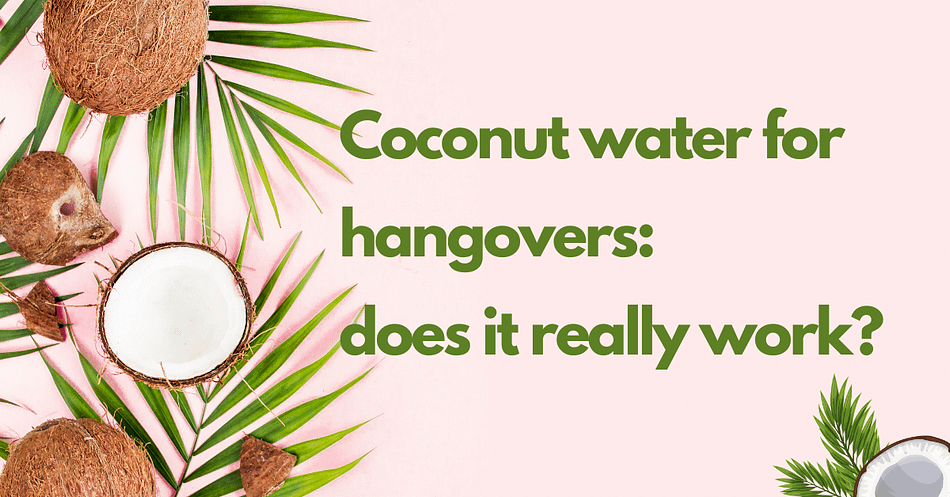Share This

Pages on this site may contain affiliate links, meaning if you book or buy something, I may earn an affiliate commission at no additional cost to you. Thank you for your support! Learn More
Also note: While I am a certified nutrition coach, I am not a medical doctor. Information here is not intended to be a replacement for the advice you should seek from your doctor.
Many plant-based foods can be an excellent source of protein and other nutrients. Often with fewer calories and more benefits for your health than animal products. Many experts agree that a well-planned vegetarian or vegan diet can provide you with all the nutrients you need.
What is protein?
Protein is found throughout the body—in muscle, bone, skin, hair, and virtually every other body part or tissue. Enzymes are a type of protein that power many chemical reactions and the hemoglobin that carries oxygen in your blood. At least 10,000 different proteins make up who you are!
The human body creates 11 amino acids but must get another 9 from food. These nine are histidine, isoleucine, leucine, lysine, methionine, phenylalanine, threonine, tryptophan, and valine—known as the essential amino acids.
Some plant products, such as soy and quinoa, are complete proteins. This means they contain all nine essential amino acids humans need, though a bit lower in digestibility compared to animal products. Others are missing some of these amino acids, so eating a varied diet is very important. You can read more on animal vs. plant-proteins here.
The average person needs about 7 grams of protein every day for every 20 pounds of body weight. Athletes will need more for better recovery.
The following are benefits of a higher-protein diet:
- Appetite Control
- Muscle growth or maintenance
- Improved cardiometabolic health
- Better strength
- Faster recovery
- Improved immune function
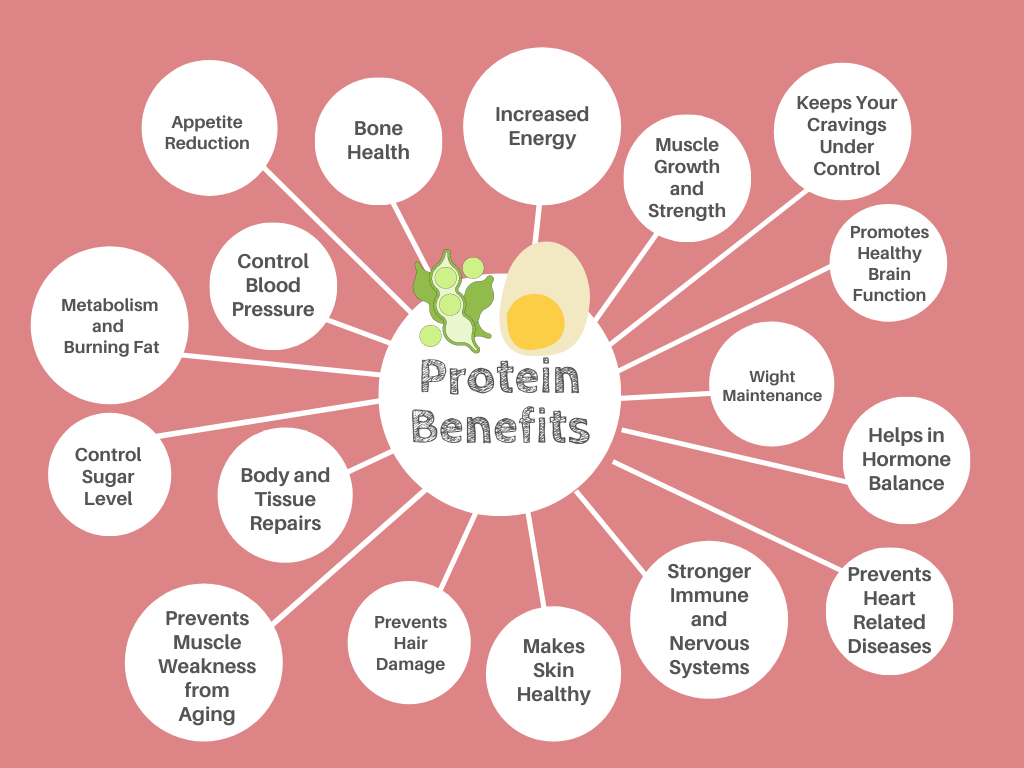

And here are the best plant-based proteins:
❤️❤️ Don’t miss a recipe or post! Make sure you remember to sign up for my Newsletter and follow me on social ❤️❤️!
Get Your Free Stuff!
Grains
| Grain | Typical Serving Size | Protein |
| Chia seeds | 2 tbsp | 5g |
| Quinoa | 1/2 cup | 12g |
| Amaranth | 100g | 15g |
| Buckwheat | 100g | 13g |
| Sorghum | 100g | 11g |
| Teff cooked | 1 cup | 10g |
| Wild rice | 1 cup | 7g |
| Spelt | 100g | 7g |
| Oats | 1 cup | 6g |
| Millet | 1 cup | 6g |
Beans and Legumes
| Beans and Legumes | Serving Size | Proteins |
| Black Beans | 1 cup | 14g |
| Chickpeas | 1 cup | 12g |
| Lentils | 1 cup | 18g |
| Edamame | 1 cup | 16g |
| Pinto Beans | 1 cup | 14g |
| Red Beans | 1 cup | 15g |
Plant-Based Protein Powders
| Plant-Based Protein Powders | Serving Size | Proteins |
| Pea protein powder | 1 scoop | 24g |
| Sunflower protein powder | 20g | 10g |
| Hemp protein powder | 1 scoop | 8g |
| Soy protein powder | 1 heaping tbsp | 8g |
| Brown Rice protein powder | 1tbsp | 8g |
| Pumpkin seed protein | 1 scoop | 6g |
*Depending on the brand
Nuts
| Nuts | Serving Size | Proteins |
| Peanuts | 1/4 cup | 9.5g |
| Almonds | 1/4 cup | 7.5g |
Vegetables
| Vegetables | Serving Size | Proteins |
| Potatoes | 1 cup | 4g |
| Asparagus | 1 cup | 3g |
| Brussel-Sprouts | 1 cup | 3g |
| Avocado | 1 cup | 3g |
| Broccoli | 1 cup | 2g |
| Mushrooms | 1oz | 1g |
| Spinach | 1 cup | 1g |
Fruits
| Fruits | Serving Size | Proteins |
| Guava | 100g | 3g |
| Jackfruit | 100g | 2g |
| Kiwi | 100g | 2g |
| Blackberries | 1 cup | 2g |
| Banana | 1 cup | 2g |
| Apricot | 1 apricot | 1g |
Combos for Complete Protein
There are some meal combinations, which are perfect because together they give us all the 9 essential amino acids we need (complete protein).
These combinations are:
- Nuts or seeds with whole grains (peanut butter on whole-wheat toast)
- Whole grains with beans (beans and rice, hummus and whole-grain pita bread, bean-based chili and crackers, refried beans and tortillas)
- Beans with nuts or seeds (salad with chickpeas and sunflower seeds)
- Grains and legumes (bean soup and crackers, pasta and peas)
Get Some Plant-based Protein – For You and For the World
By getting more plant-based proteins in your diet, you are not only doing your body good, but also preventing damage to the environment. The production of animal-based food is a major contributor of greenhouse gas (GHG) emissions globally. You can read more about that in my Plant-based vs. Animal-derived Food Products article.
Proteins are found in a large number of delicious foods! You will have no problem getting enough protein as long as you regularly consume high protein plant-foods, preferably with each meal.
Proteins are one of the key elements of a healthy diet, so if you are fully plant-based, plan your diet wisely.
Here is an excellent guide on how to build your healthy plate: My Healthy Meal Formula – eating healthy has never been so easy!
I have many high protein, plant-based recipes. You should try these out:

